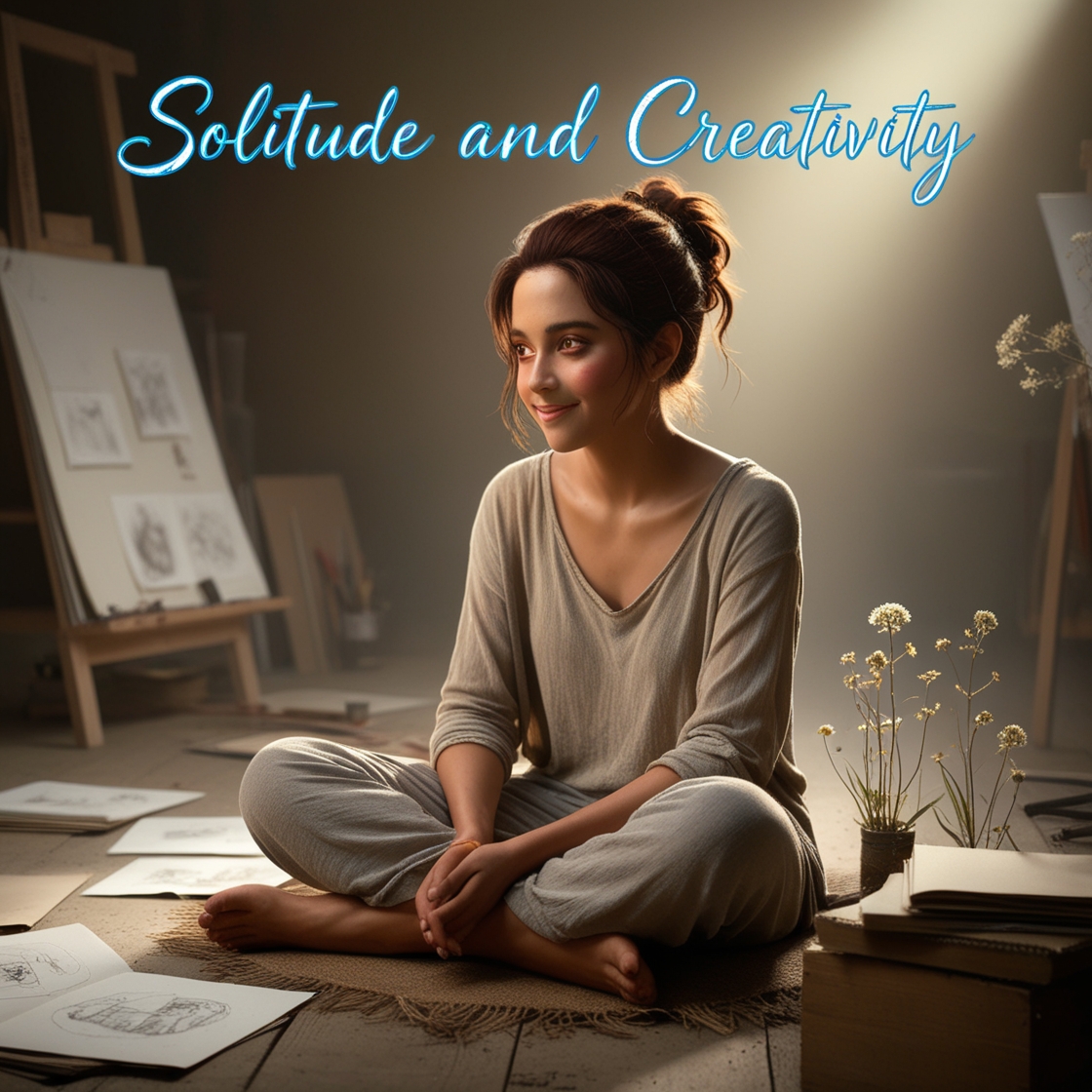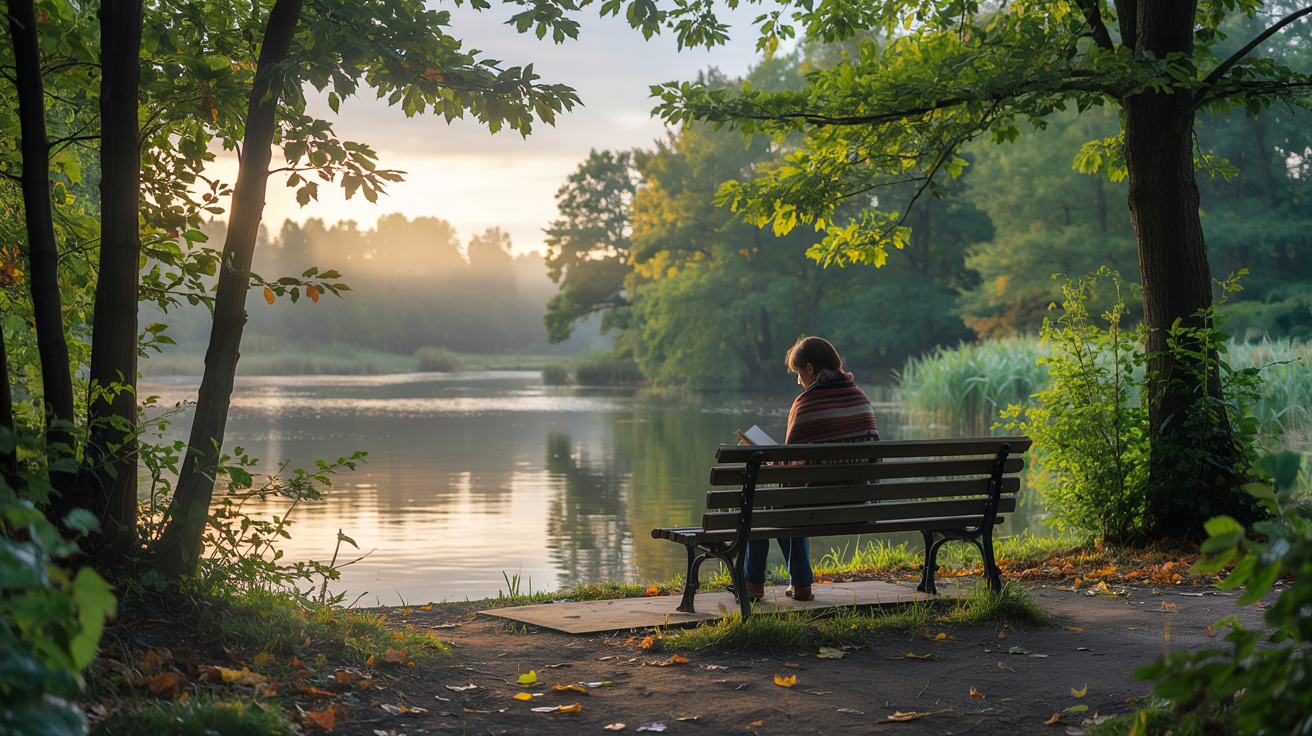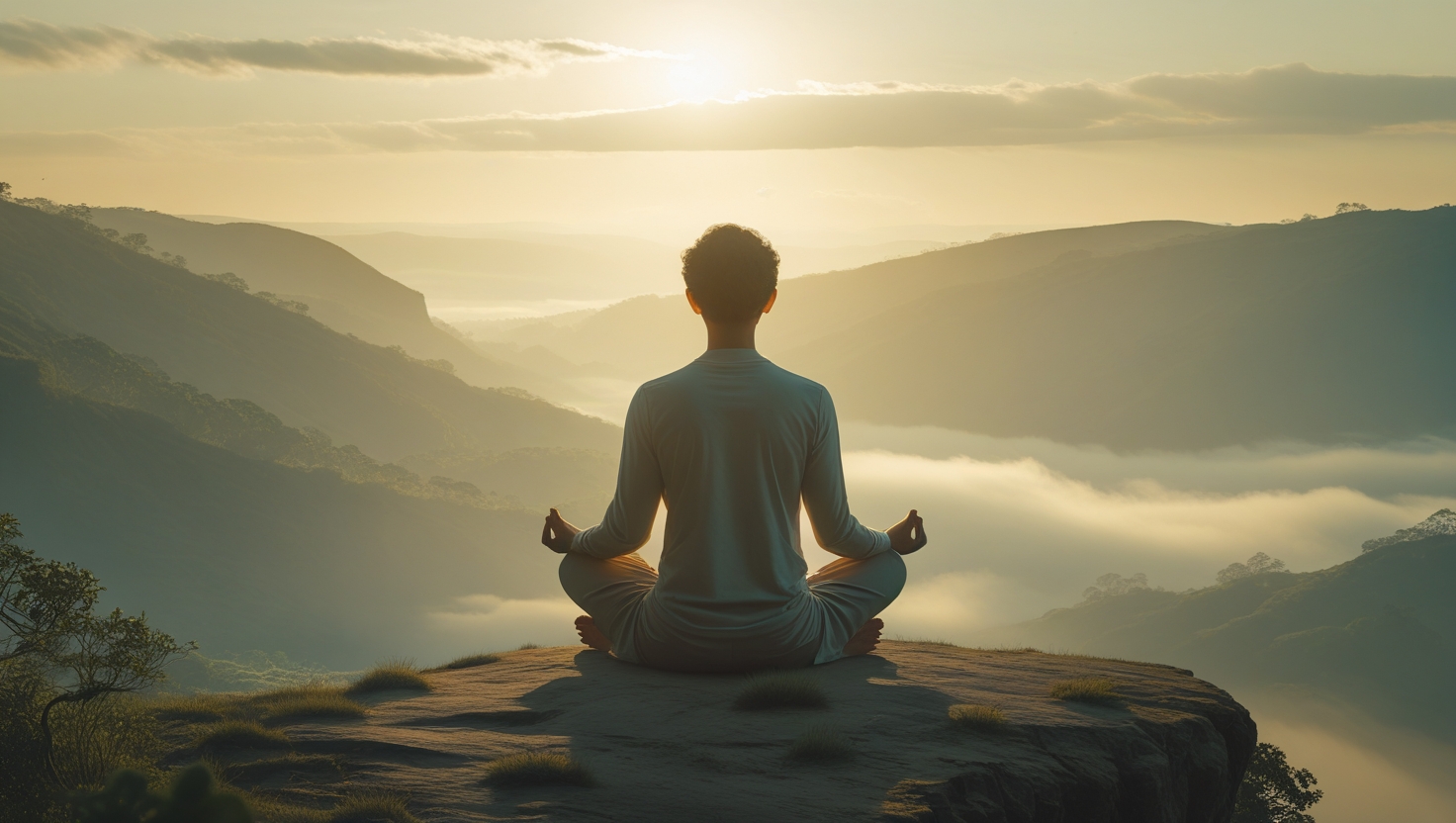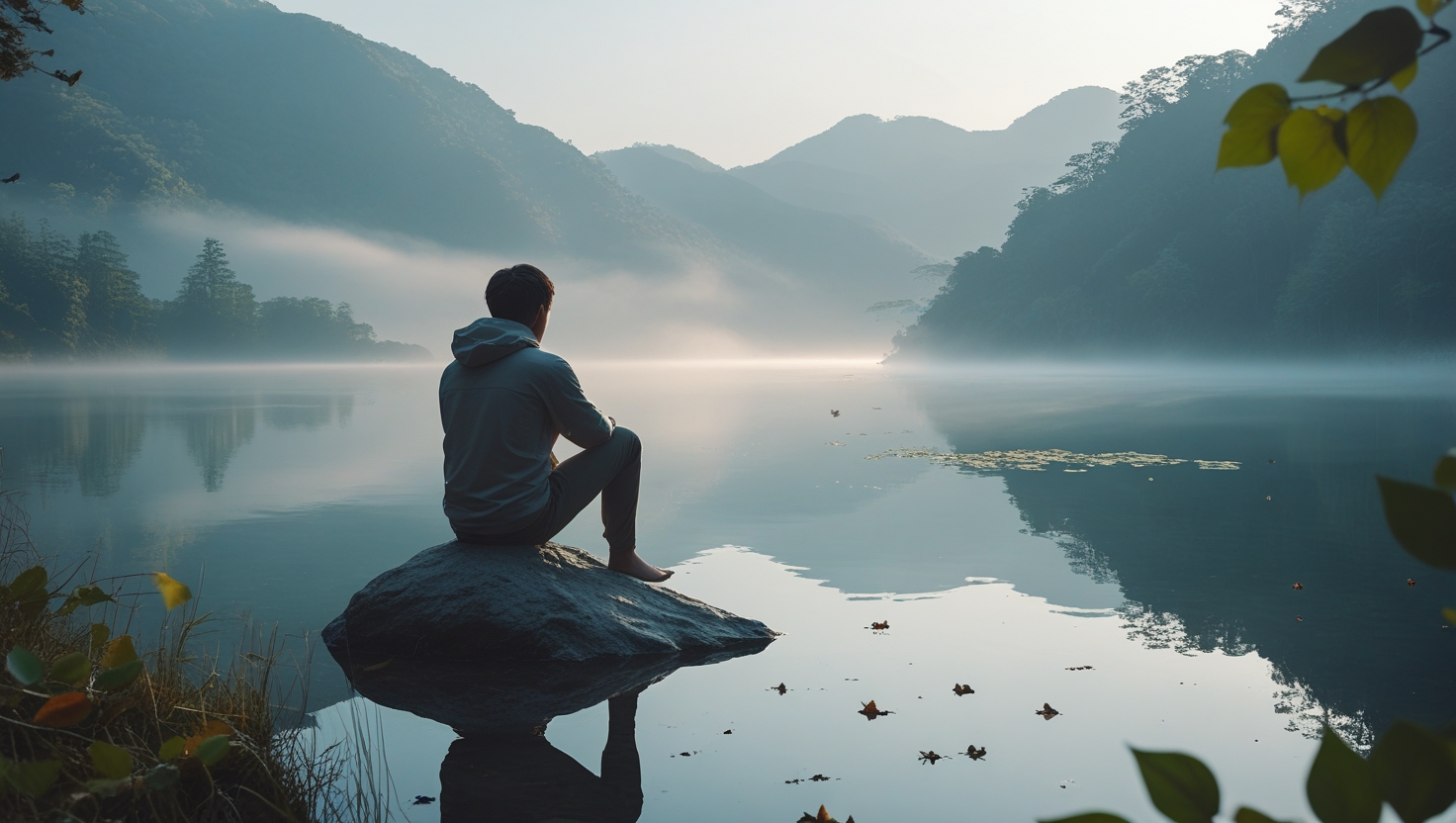
In a world that thrives on constant connectivity, the idea of spending time alone often carries a negative connotation. Yet, throughout history, some of the greatest minds have sought solitude not as an escape but as a source of inspiration and creativity. Writers, philosophers, scientists, and artists have all embraced moments of aloneness to delve into their imaginations and bring fresh perspectives to their work.
But what makes solitude such a fertile ground for creativity? How does being alone help us see the world differently and generate new ideas?
In our noisy, fast-paced lives, the constant barrage of information can stifle original thought. Solitude acts as a mental detox, clearing the clutter and creating space for new ideas.
In social settings, people often hesitate to share unconventional ideas due to fear of criticism or judgment. Solitude eliminates this pressure, providing a safe space for experimentation.
Studies have shown that daydreaming—a natural byproduct of solitude—enhances problem-solving and creativity. When the mind wanders, it forms new neural connections, linking ideas that might not otherwise come together.
Cal Newport, in his book Deep Work, highlights the importance of distraction-free time for achieving a state of flow—an optimal state of focus where creativity thrives.
Creativity often stems from understanding oneself and the world around us. Solitude fosters self-reflection, helping us:
Einstein’s theory of relativity was born not in a bustling lab but during solitary moments of deep thought. He often credited his breakthroughs to his ability to work alone, free from external distractions.
Woolf, in her essay A Room of One's Own, emphasized the importance of solitude for women writers. She believed that creative minds needed personal space and time to flourish.
Da Vinci’s remarkable inventions and artworks were the result of solitary observation and contemplation. His habit of spending hours alone, sketching and theorizing, enabled him to connect seemingly unrelated ideas.
When we’re alone, we engage in a deeper dialogue with ourselves. This self-exploration often reveals thoughts and emotions that are otherwise overshadowed by external stimuli.
Spending time alone in nature can inspire awe and a sense of wonder, both of which are vital for creativity.
In solitude, we can dedicate ourselves to activities that truly ignite our passions. This uninterrupted focus often leads to a deeper understanding and mastery of our chosen field.
Carve out specific times in your day to be alone. Even 30 minutes of uninterrupted time can make a significant difference.
Use your solitude to develop rituals that stimulate creativity, such as journaling, sketching, or brainstorming.
Turn off notifications and step away from screens during your alone time. This ensures that your mind remains focused and open to new ideas.
Boredom, often viewed negatively, is a precursor to creativity. Allow yourself to feel bored during solitude—it often leads to unexpected bursts of imagination.
Use your solitude to try new things without worrying about the outcome. Whether it’s attempting a new art style or brainstorming unconventional solutions, solitude is the perfect time to explore without limits.
While solitude is beneficial, it can sometimes feel uncomfortable, especially for those not used to being alone. Here are some tips to ease into it:
Solitude is not just a retreat from the world; it is an entryway into our most creative selves. It allows us to think deeply, reflect honestly, and innovate fearlessly. By embracing solitude, we give ourselves the gift of uninterrupted thought, free from the constraints of external judgment and distractions.
In a society that often equates productivity with busyness, solitude reminds us that creativity flourishes in quiet moments. So, the next time you find yourself alone, see it as an opportunity—a chance to unlock your potential, discover new perspectives, and create something truly remarkable.
“In solitude, the mind gains strength and learns to lean upon itself.” – Laurence Sterne














